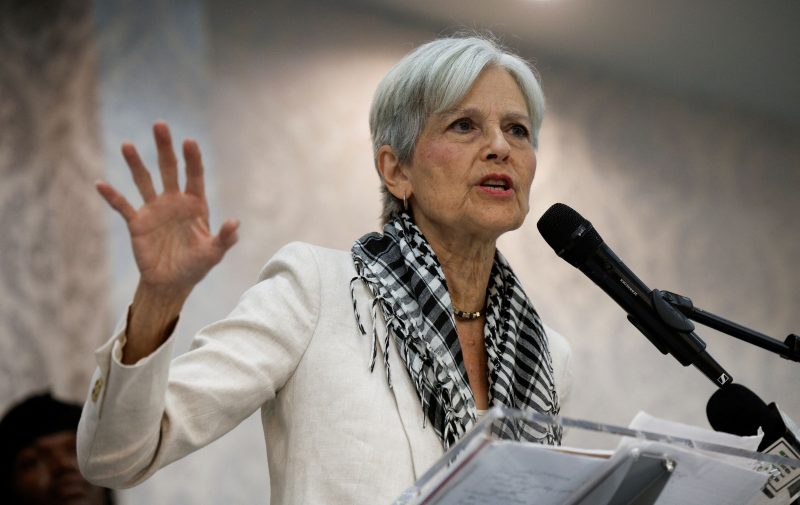In a political landscape fraught with tension and division, the potential impact of third-party candidates on the outcome of elections has become a hotly debated topic. One such candidate who has faced scrutiny and criticism from both major political parties is Jill Stein of the Green Party. As the Democratic Party gears up for the upcoming election, concerns over the potential spoiler effect of candidates like Stein have led to a renewed focus on her and the role of third parties in the political process.
The Green Party, known for its focus on environmental issues and progressive policies, has historically garnered support from voters disenchanted with the two-party system. As a result, candidates like Jill Stein have often been seen as potential spoilers in elections, drawing away votes that could have otherwise gone to the Democratic nominee. This concern has been heightened in recent years as margins of victory in key states have become increasingly narrow.
The Democratic Party’s criticism of Jill Stein and her candidacy stems from a fear that her campaign could siphon off crucial votes in swing states, potentially leading to a repeat of the 2016 election where Stein’s performance in states like Michigan and Wisconsin was seen as a factor in Trump’s victory. Critics argue that by running as a third-party candidate, Stein could split the progressive vote and ultimately harm the chances of defeating the Republican nominee.
Stein, however, has defended her candidacy by emphasizing the importance of offering voters an alternative to the mainstream political parties. She has been vocal in advocating for policies that address climate change, income inequality, and social justice issues, positioning herself as a champion for marginalized communities and progressive values. While acknowledging the concerns over potential spoilers, Stein maintains that her campaign is driven by a commitment to advancing a bold and transformative agenda.
The debate surrounding third-party candidates like Jill Stein underscores broader tensions within the U.S. political system. As calls for greater inclusivity and diversity in representation grow louder, the role of third parties in shaping the political discourse has come under increasing scrutiny. While some view third-party candidates as catalysts for change and voices for the marginalized, others warn of the risks of fragmentation and division in an already polarized political landscape.
Ultimately, the future of third parties and candidates like Jill Stein will depend on how they navigate the complexities of the current political climate. As the Democratic Party grapples with the challenges posed by third-party contenders, the debate over the impact of spoilers and the role of alternative voices in shaping the political narrative is likely to continue. Whether Jill Stein and the Green Party can overcome the obstacles and make a lasting impact on the political landscape remains to be seen, but their presence serves as a reminder of the enduring power of grassroots movements and the quest for political change.




























